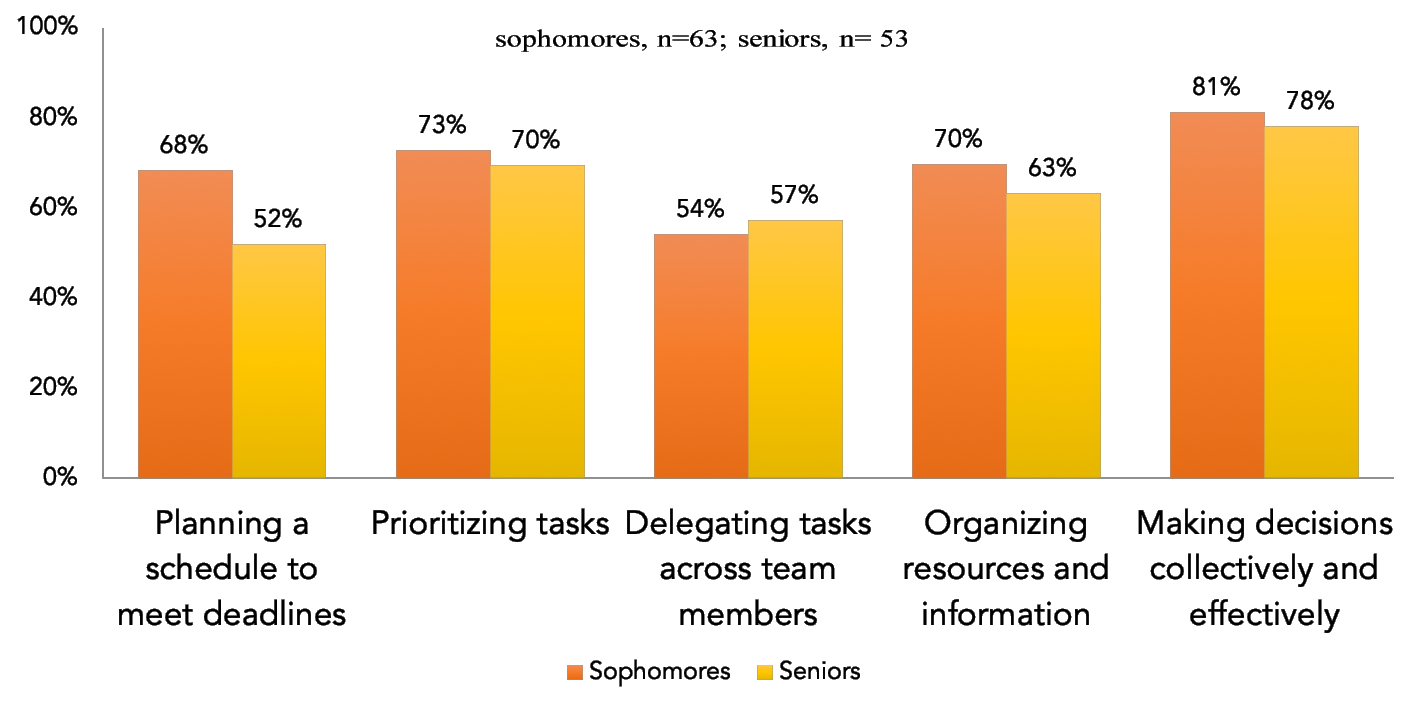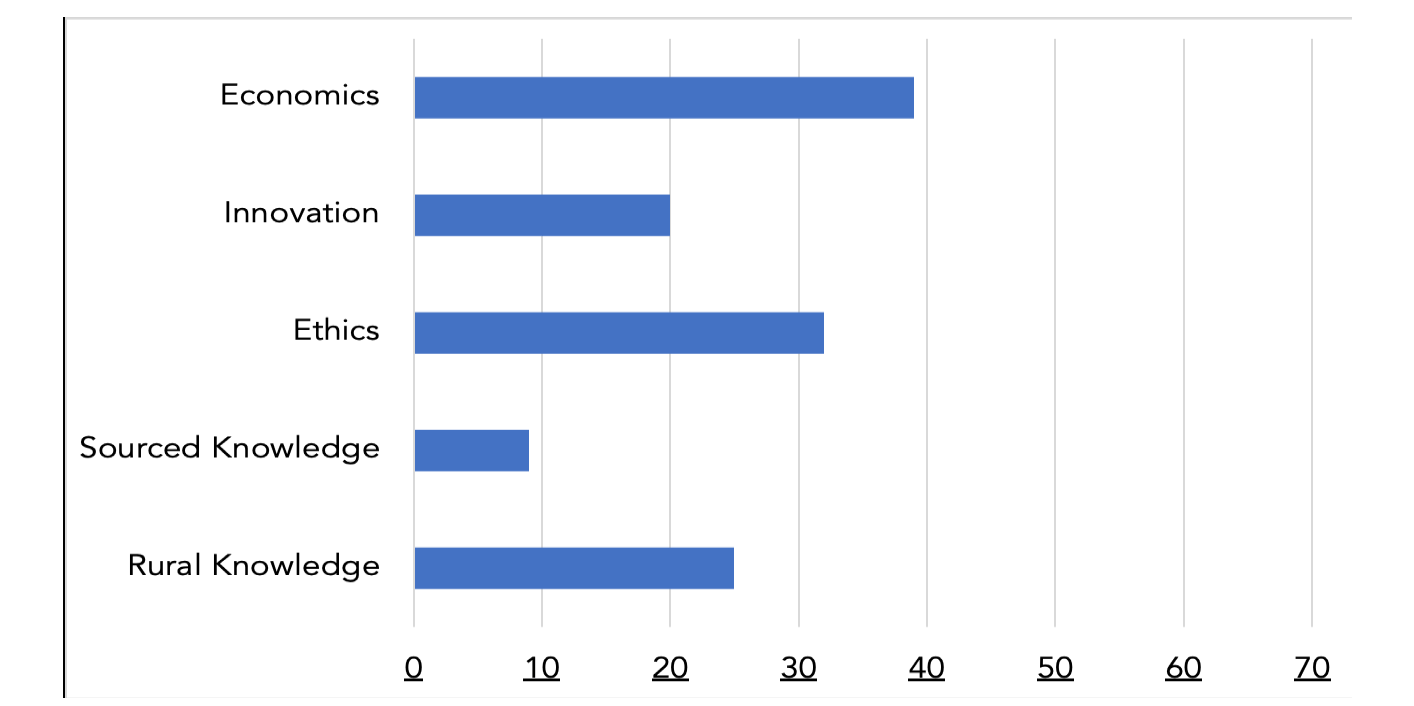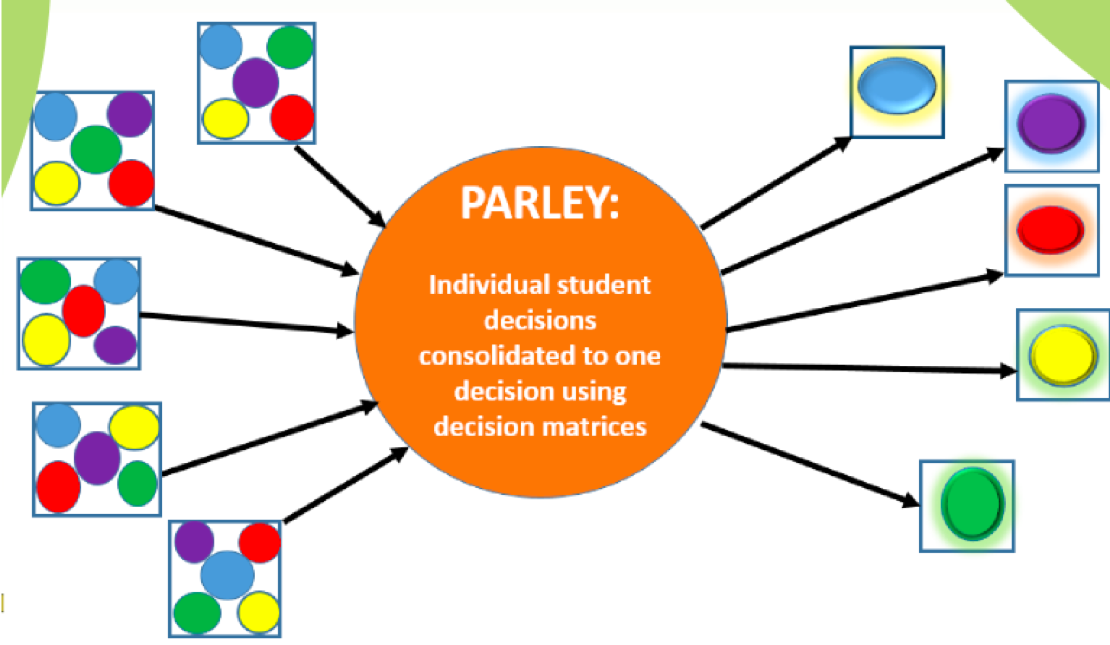Engineering Education Research (EER)

Building Self-Aware Teams using an asset-based mapping tool
Professional skills like communication, teamwork, creative problem solving, and project management are valued in both academia and industry. However, supporting our chemical engineering undergraduates to develop these skills is not straightforward and is often treated as a much lower priority than technical content, even though industry increasingly cites such skills as the most needed [1]. We report on a design-based research study in which we sought to leverage diverse chemical engineering undergraduate students’ assets as a means to support these students to value professional skills.
[1] S. Harvey, “A different perspective: The multiple effects of deep level diversity on group creativity,” J. Exp. Soc. Psychol., vol. 49, no. 5, pp. 822–832, 2013.

Leveraging rural experiences in the classroom
We developed and tested a pedagogical strategy--asset-based design challenges--to enhance diversity in early chemical engineering coursework. Using qualitative methods, we found first-year students justified high-cost solutions with ethical arguments; teams that included rural expertise argued instead for economically-viable solutions. In the sophomore class, students used cost and environmental impact to make decisions about rural concerns. These findings demonstrate that students learned from their rural peers and leveraged this information as they made design decisions.

Effective Collaborative Learning Strategies
One of the difficulties faculty face is that because design challenges are open-ended, it can be diffi-cult to predict directions students will take. As a result, faculty who teach core chemical engineering courses often focus on problem sets. We present a new pedagogical strategy that supports students to learn from each other and build consensus on design decisions. In turn, this helps make guiding students to connect core content to the design challenge more manageable for faculty.
